
Question: How do you feel when you skip your morning coffee? Answer: Depresso.
Okay—not much of joke, but I included it here to illustrate how writers can sometimes feel when finishing a project. I recently completed a final draft of my new novel, Kane: Blood Moon, and although I’m celebrating that milestone in what for me is a long process, I’m also feeling a little depresso as well—along with maybe a bit of apprehension about sending my newborn out into the cold, cruel world. But I suppose that’s part of the process.
The good/bad news is that there’s still plenty left to do before then. In today’s world of publishing, writing is just one part of the equation, and I decided to take a break from work to post an article on some of the pitfalls writers typically face on the way to publication.
Let’s imagine you just typed “The End” at the bottom of your brand-new manuscript. Now you want to get it out there as quickly as possible. Needless to say, you want to do it right.
So now what?
Formerly a traditional publisher did the heavy lifting required to get your book into the hands of readers—editing, copyedit, cover design, promotion, and printing. I’ve gone that route in the past, and I learned from my experience with Bantam Books that even with a trad publisher, you must get involved. And if you’re an indie author, it isn’t simply your involvement that’s required. Now it’s all up to you. You are responsible for everything previously done by a huge, professional publishing house, and you must do it well. A daunting task, but nobody ever said this writing thing was going to be easy.
There are five critical areas where things can go wrong. Although there are certainly others, in the following I’ll provide some suggestions that can help you avoid the five most common mistakes.
1. Over Editing 
Solution: Cut Bait. The revision process can go on indefinitely, if you let it—literally taking on a life of its own. This is common in writing groups and with many insecure authors. At some point you simply have to “cut bait” and move on to the next step. Not to say that you don’t want your work to be the best it can be, but don’t get paralyzed by endless revision.
2. Technical Errors
Solution: “Vet” Your Manuscript. Carefully check all technical material in your work, and then have someone knowledgeable in the field vet your story—making certain you at least sound like you know what you’re talking about. For instance, cartridges or rounds (not bullets) are inserted into a rifle or a semi-automatic pistol via a magazine, not a clip—an error I made a few years back that garnered an avalanche of criticism from gun-enthusiasts, and rightly so. Consult with an expert and get your details straight.
3. Lack of Reader Input 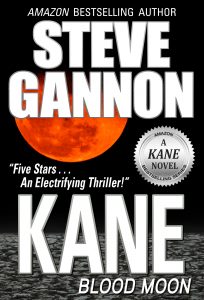
Solution: Test Market. You don’t write in a vacuum. Once you have your manuscript (mostly) revised, vetted, and ready to go, preview your work with friends and readers whose opinions you trust. If they find typos along the way, fine—but what you really want is their candid comments on your story. Listen to what they say. Did your story move them? Were there plot holes? Unclear motivations? Murky character development? This evaluation is traditionally performed by a publishing-house editor, but in my opinion a “groupthink” approach is equally effective, possibly even more so. Of course writing isn’t a democratic process and you want to preserve your original vision, but you will be surprised at how often you can improve your work by opening yourself to reader suggestions and criticism.
4. Sloppy Writing
Solution: Professional Copyedit. Most readers will not tolerate sloppy writing, typos, punctuation mistakes, and grammatical errors from anyone. You need a clean manuscript, and for that you will have to PAY someone. Having a friend who’s “good at editing” won’t cut it. Find a professional and use his or her services. Period. After that you can do one final revision, making certain you don’t introduce new errors along the way. And then publish!
5. Poor Marketing

Solution: social media marketing and paid advertising. Now that your book is out there, who knows about it besides your mom? Unless your name is Stephen King, hardly anyone, that’s who. Yours is one of tens of thousands of new books published each year. To find an audience, you must market your work. If you sit around waiting for your book to be discovered, you’re going to be sitting a long time. Step one in marketing is to have a professionally designed book cover, for which you will probably need to PAY for the services of a graphic artist. Step two is having a well designed website hub, along with various social media sites—Twitter, Facebook, YouTube, etc.—feeding into it. There is far too much in the social-marketing category to cover here, but there are many online sources (Jonathan Gunson’s bestsellerlabs.com or Joanna Penn’s TheCreativePen.com) that can point you in the right direction. And last, PAID advertising on Amazon, Facebook, and other sites is necessary if you want to get noticed. Sad, but true.
To reiterate: Self-marketing is absolutely essential. Most successful writers, even traditionally published authors, devote around 70% of their average workday to writing and about 30% (or more) to marketing.
Oh, one last pitfall I forgot to mention: procrastination. Speaking of which, it’s time for me to grab some coffee, get over my final-draft depresso, and head back to work.
In your reading, have you encountered any sloppy writing lately? Does it irritate you? What are your pet peeves when reading? What are your main writing/publication problems? How do you get the word out about your work? Please leave a comment (click here) and join the conversation!


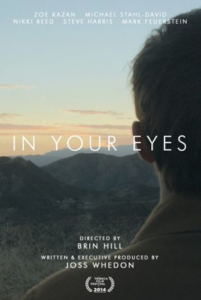









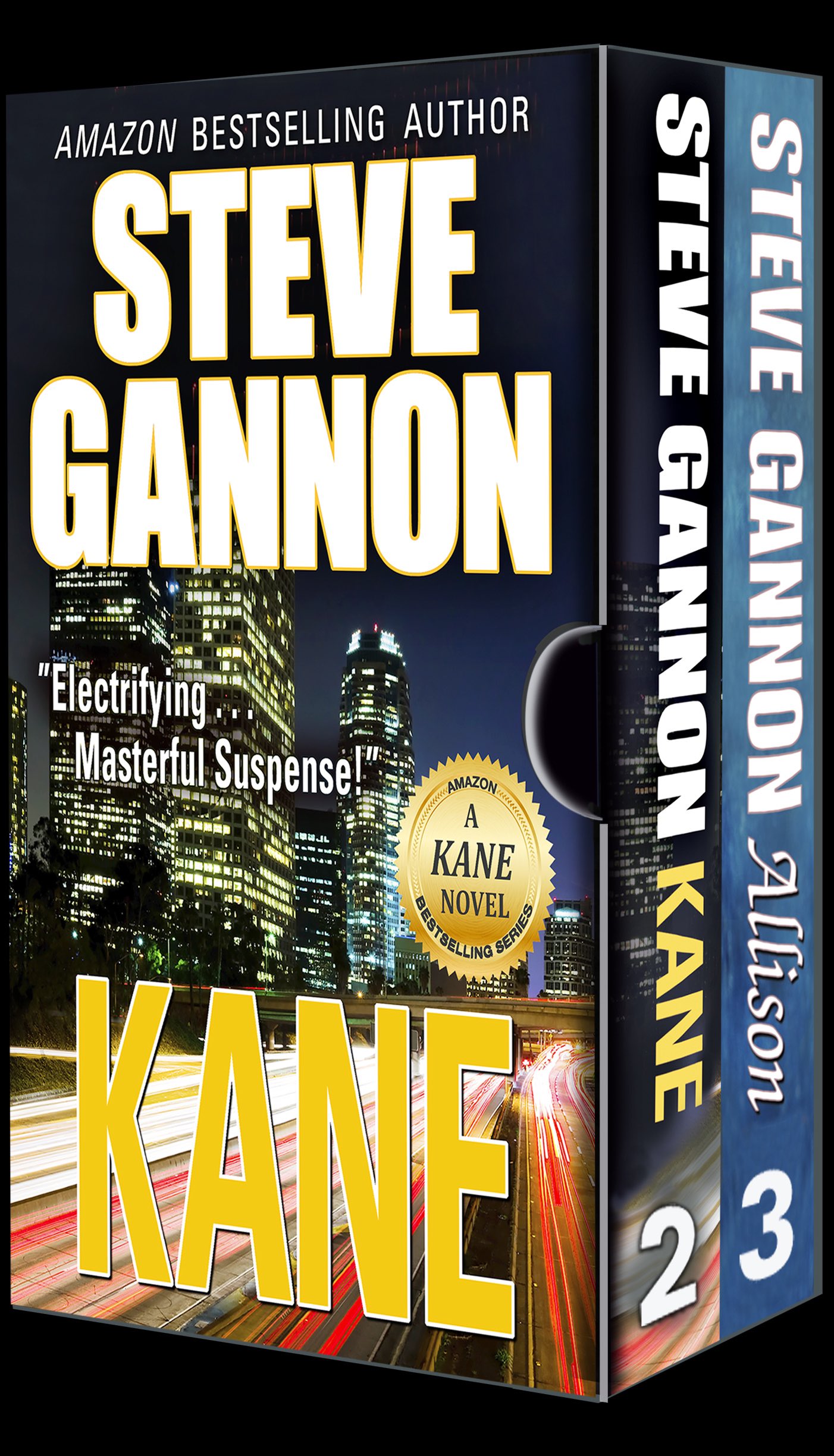
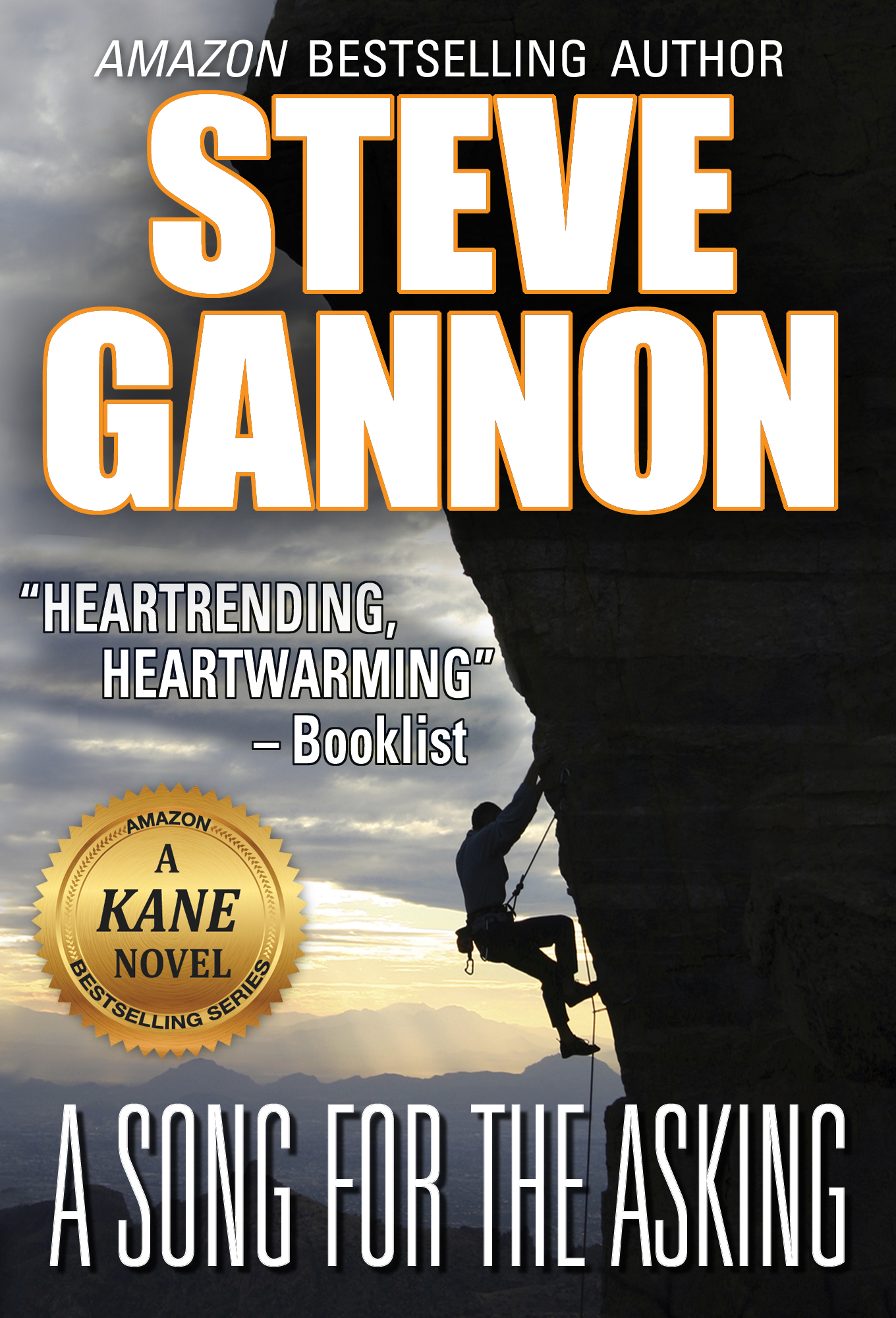
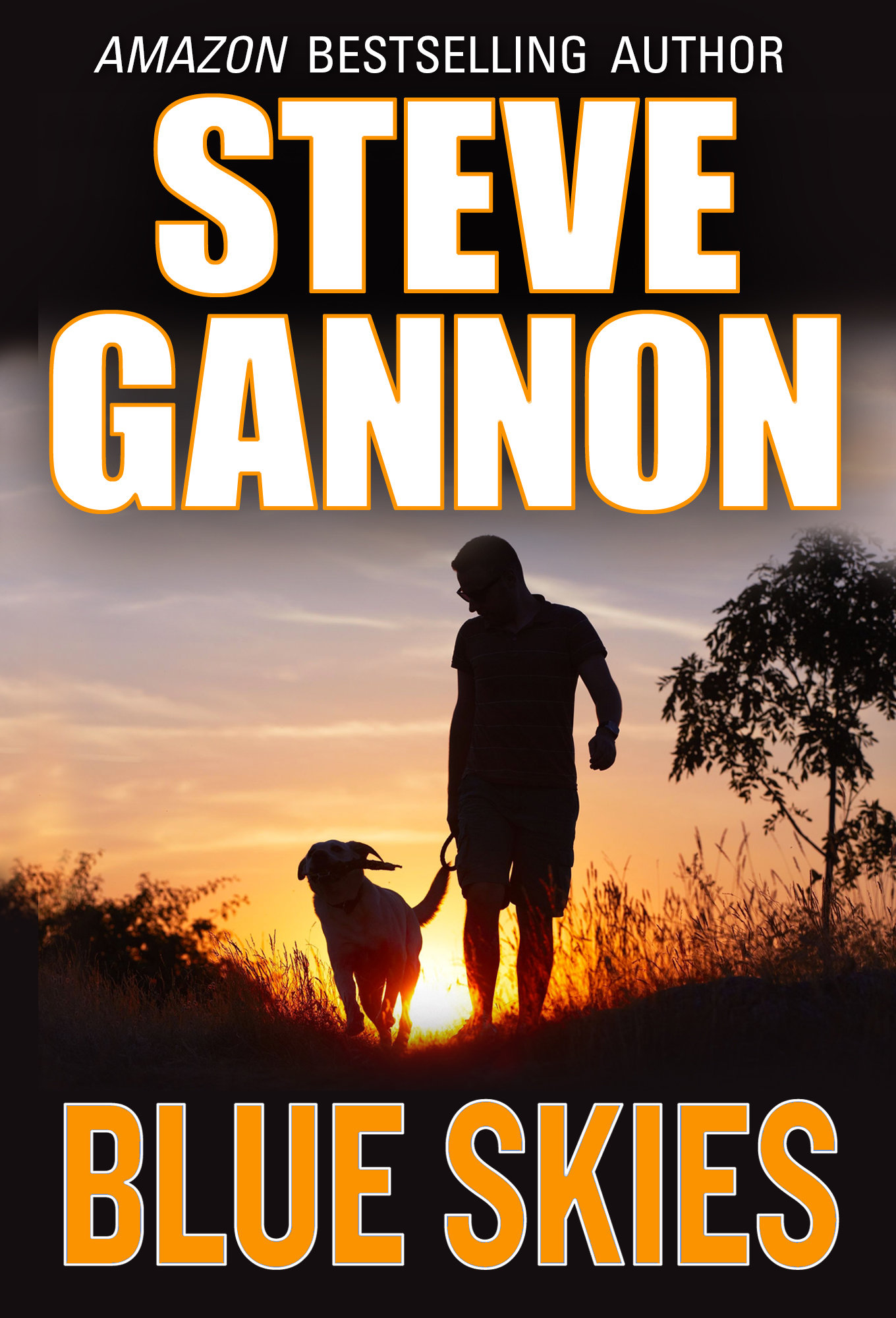
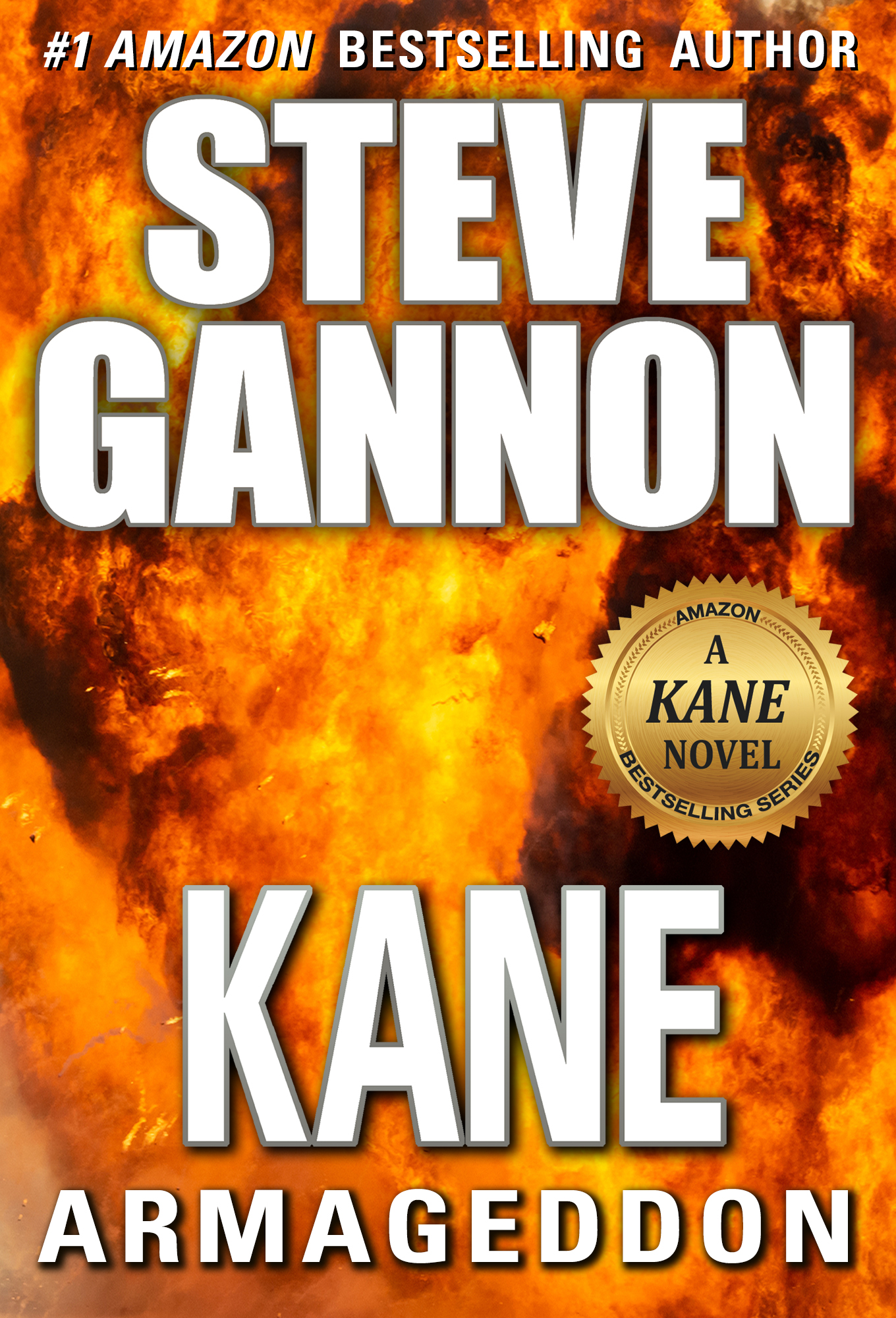
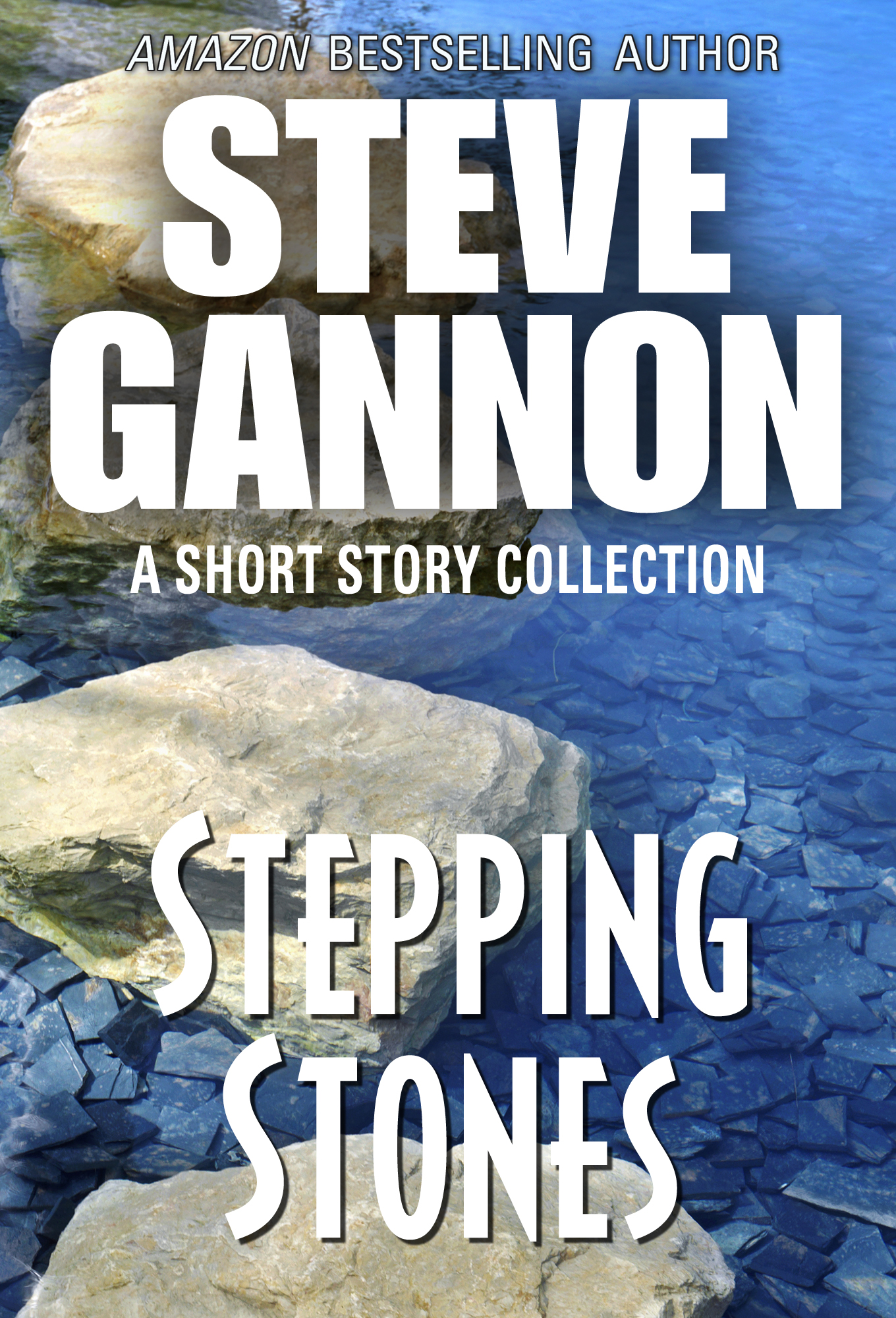
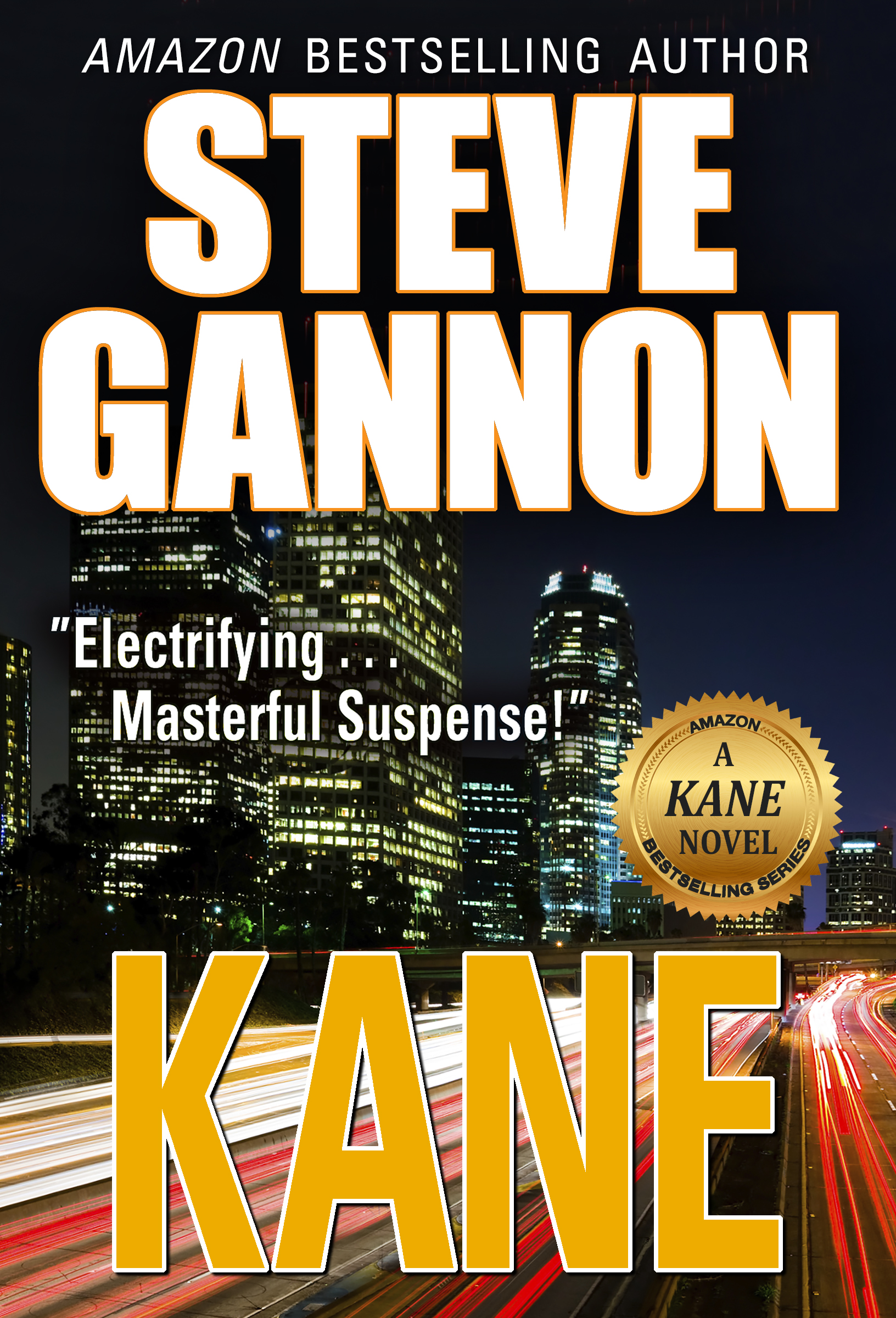
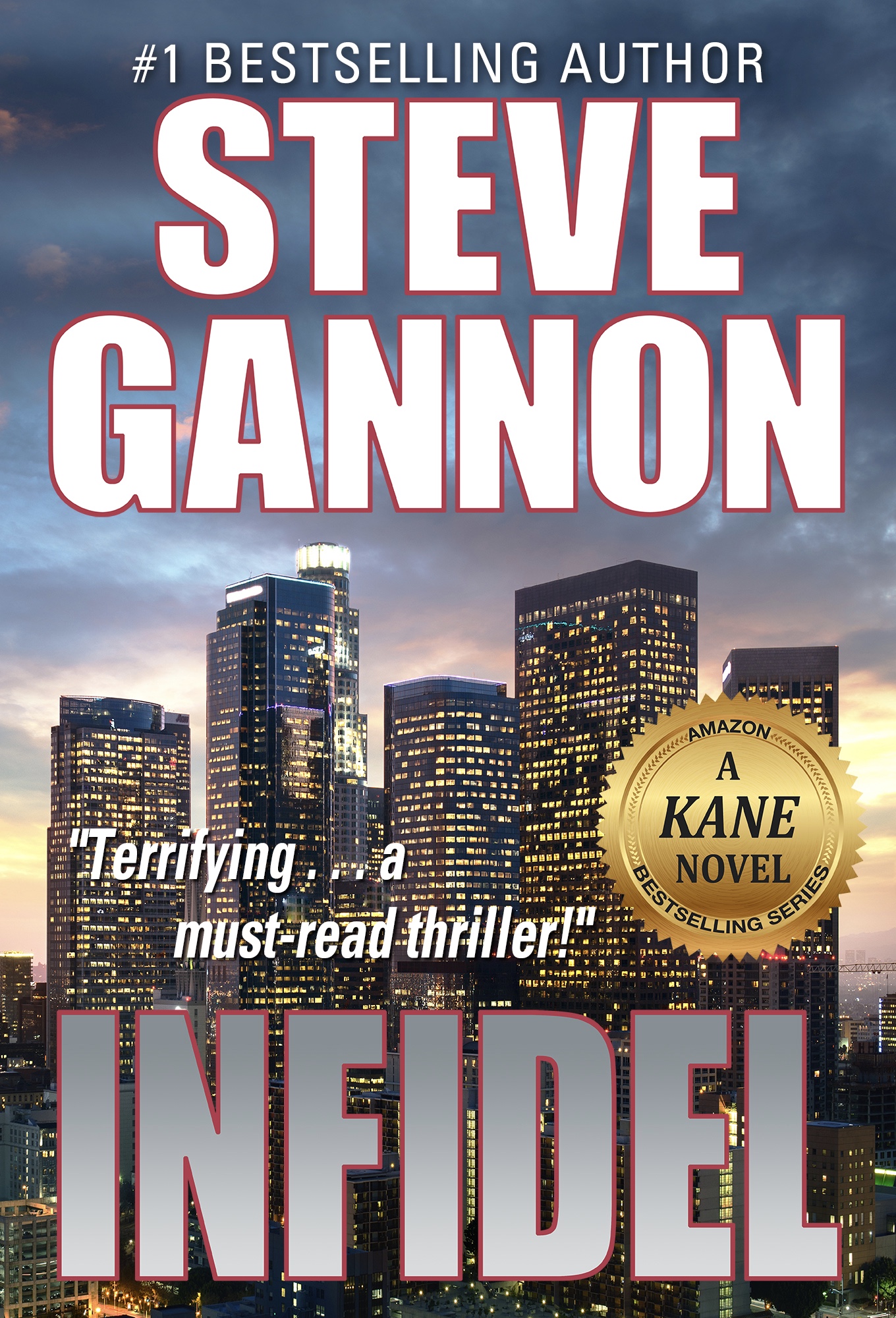
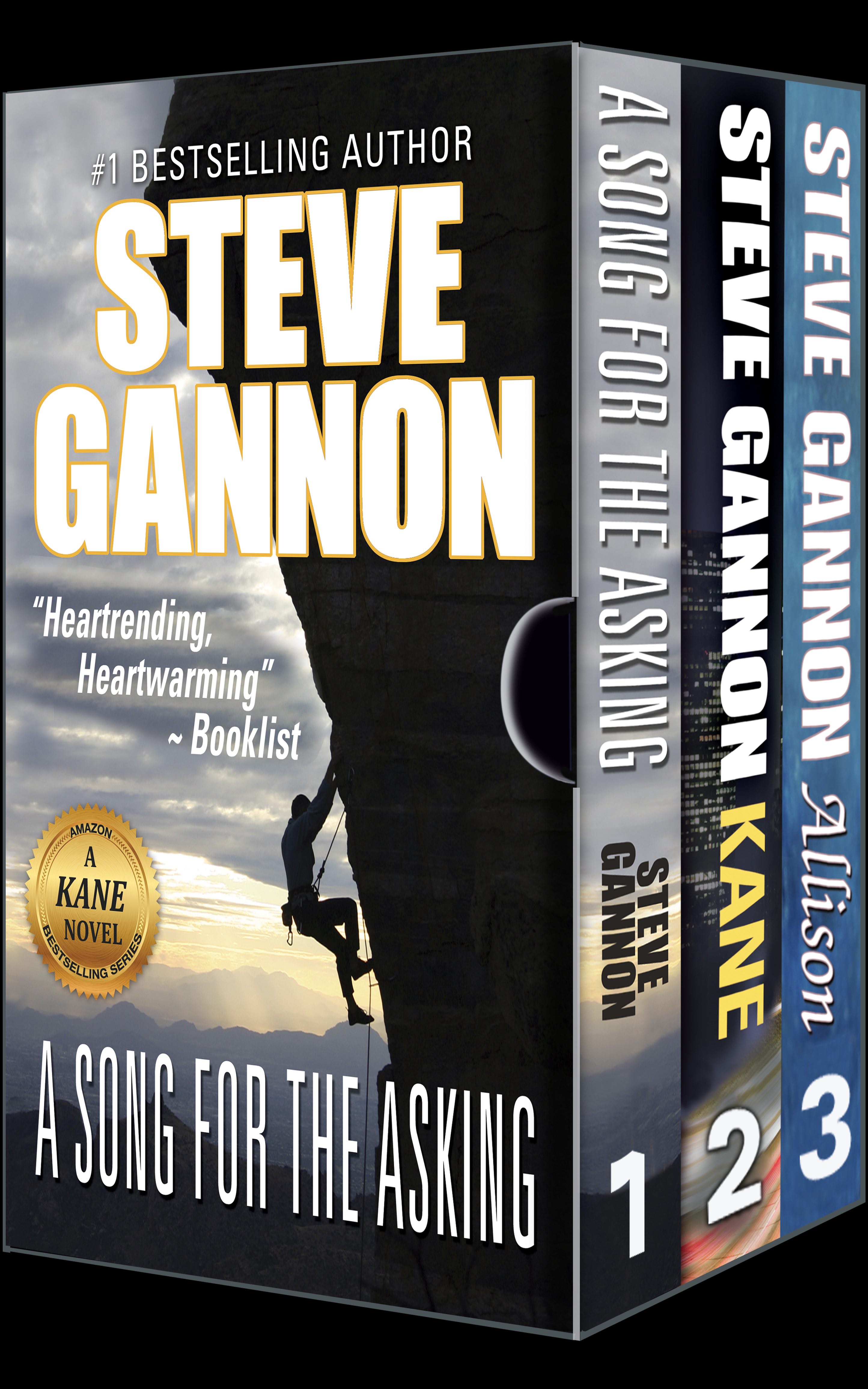
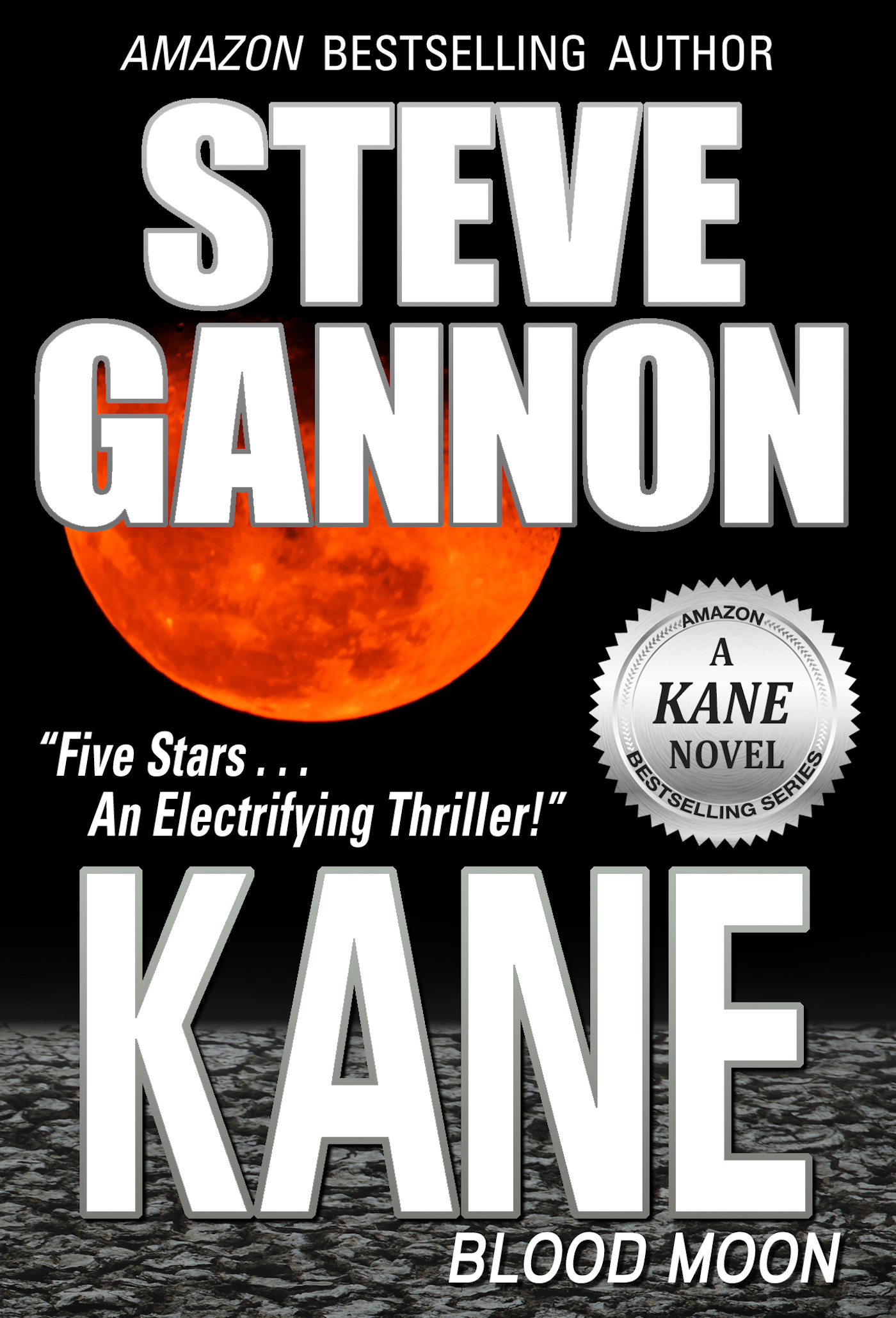
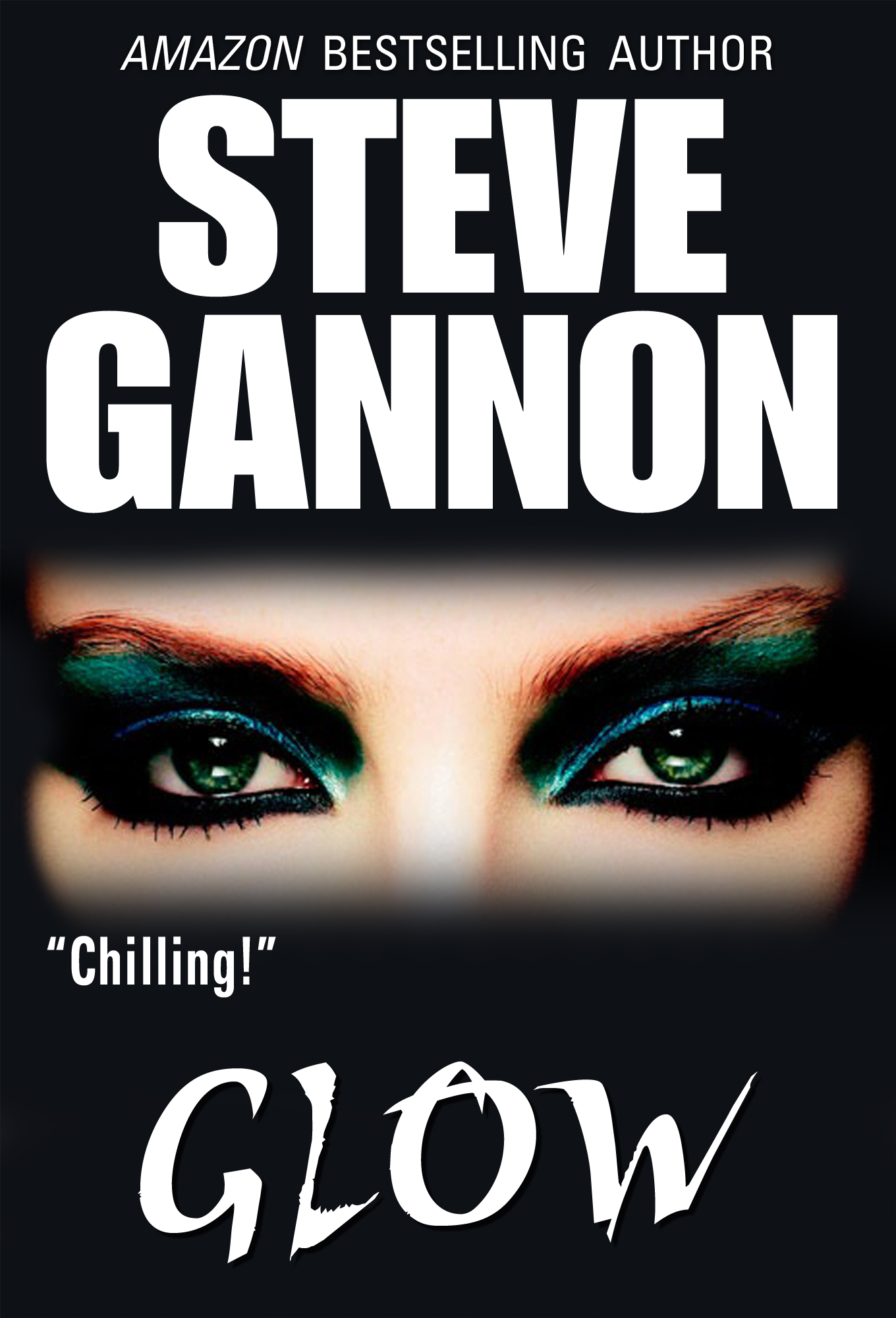
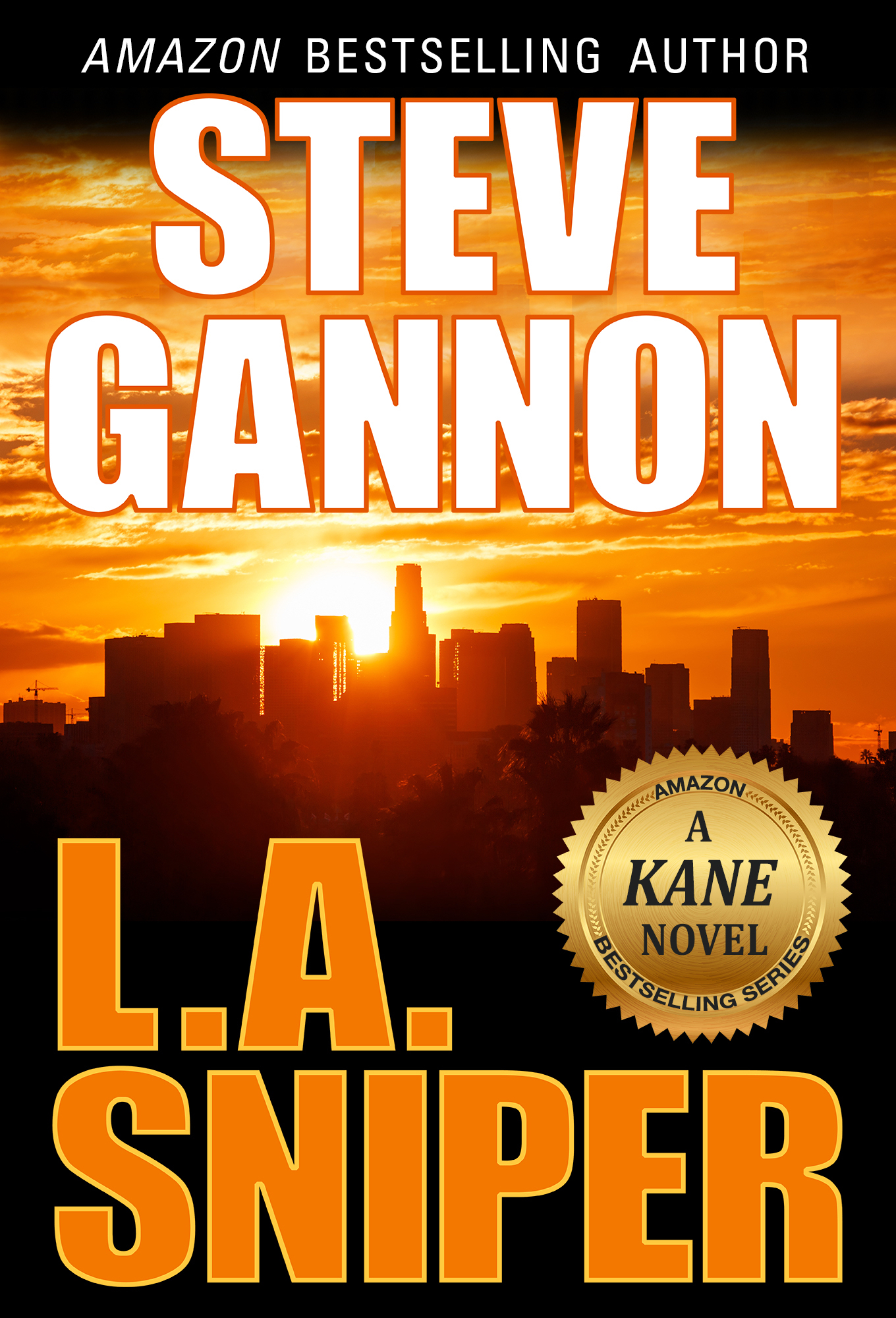
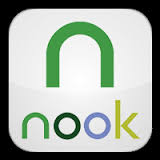
Good to hear you are “surviving” the scorpions and the fruit/cheese plates. We were in Stresa two weeks ago, anywhere near you?
Hi, Kenny,
Yep, still surviving, and actually getting a little more work done than I suggested in my post. We’re near Perugia, which is halfway between Rome and Florence. LONG way from Stresa. Beautiful up there in the lake region near Switzerland! We plan to visit there sometime too — as soon as we take care of the chicken situation.
Great legs (both of you) and great selfie. No wonder you are still working on the new book. Have you had any target practice at dawn when the chooks wake up first?
Down Under we are faced with a few nasties, including sea water crocs up North that make some wonderful beaches almost unusable. Generally it is spiders we fear when gardening, especially the Red Back (poisonous but not normally deadly) and Funnelwebs (sometimes fatal but there is now an antivenom) which are pretty common in parts of Sydney.
One of the most famous old Bush songs is “Redback on the Toilet Seat” because in the old days one of their preferred habitats was the outside Dunny (toilet).
http://youtu.be/TjDAiq2-xeU
Hi, Suncoast,
Your insects (and crocs) in Australia make our problems pale by comparison! I remember a National Geographic (?) video on all the poisonous varieties of snakes and spiders Down Under. Scary! I guess I shouldn’t complain. Do you have any dangerous chickens?
Mind if I join the party? I just hit the Slim Newton link and that’s just precious. I’ll be firing that one off around the web.
I talked to a woman in northern Florida with a huge rattlesnake problem. Her and her husband would go out after dark with big headlamps on there hats and a Mossberg shotguns and walk the property blasting away for hours.
Hi, Jim,
Yeah, snakes . . . especially poisonous ones. I saw a lot of them when I lived in California. Swatting scorpions is definitely preferable.
Scorpions….Sardinia….Elba…..fowl traffic…..pranzo on the terrace….lovely legs on the beach…….meraviglioso!!!!!
Hi, Mimi,
Yeah, life is sweet. And at least two of the legs on the beach are lovely.
I can’t stand snakes. They creep me out
Hi, Larry,
Ditto. I used to like them as a kid. Later that changed — maybe because I ran into so many rattlers in California. Not crazy about big spiders, either, except possibly tarantulas and daddy longlegs.
Steve,
I`m anticipating your new book but impatience is just one of my virtues.
You already know most of my vices.
I wish I could post a few images: one of a huge black scorpion from here in my home, & one of an even more terrifying big black hairy monster.
Both are real, but I`ll let readers imagine.
As you well know, most terrifying in man`s psyche is his imagination.
Tony,
I promise to have “L.A. Sniper” completed before too long. It’s going well, better than I indicated in the post, and I’m too far along now not to finish. I’d love to share your monster images. You have a great eye and it shows in your photos. Let’s figure out how to do that . . . maybe a guest post?
Any centipede in Italy? Those are the bad boys in Hawaii .
The beach looks fantastic
Best place for a pizza margarita?
Hi, Larry,
Yep, we have centipedes here, but they are the little kind. Not dangerous, but they are irritating, as they seem to be able to get inside no matter what you do, and they will get on cloth (like the bed), which scorpions seem to avoid.
Great pizza, margarita and otherwise, is everywhere! Interesting, however, is that people don’t share pizza much over here. You will see a table of eight and everyone has their own. The pizzas aren’t huge, but they aren’t little, either.
Glad to see that you two are having a wonderful time – scorpions and all! The countryside is so beautiful – we have been to Italy three times and loved each visit. Things are nice and green here in Sun Valley – very pretty – wildflowers are magnificent. Glad to hear the book is coming along! Can’t wait to read it! Love to you and Susan from Mike and Elaine
Hi, Elaine,
Look forward to seeing you and Mike soon! Beautiful here, but SV isn’t bad either!
Steve
Hi Steve. Glad to hear from you and about your current adventures. We have scorpion also but have seen very few since our arrival in Arizona (9 years already) Plenty of rattle snakes though and some close encounters. At present we are enjoying Sidney, B.C. for the month June. Great area. Anyway stay safe and away from the critters. J&S
Thanks, jay and Sonja
Stay safe yourself. I think your scorpions are more dangerous than ours, and of course rattlesnakes . . .
Very nice, Steve. I have fond memories of scorpions in southeast Asia and the giant centipede. Would not want to be locked in a box with any of those things. Other than one thing that quickly pops to mind, I wouldn’t want to be locked in a box with anything. The bug will do it every time, Steve. Ruin a night’s sleep. Ruin a vacation, even. And Italy at that, eh?
We don’t have any serious bug issues where I live in Montana. It’s our big secret. Not even snakes. There’re bears and mountain lions, but hey. Many people don’t even have screens. Motion detectors for nightly predators is something else again. I never leave the house at night. Sometimes you can actually hear ’em howling and growling out there. Yikes!
Hi again, Jim,
I have been getting a lot of responses mentioning giant centipedes, especially in Hawaii. I’ve never seen one, and I hope I never do. I think I”d rather deal with a bear or mountain lion, which we do have in Idaho. Actually, I feel lucky if I get to see one of them. They are pretty shy in our area. Don’t think I’d like to run into a grizzly, however (see my post on Hollywood Killers).
Steve,
I have just had the worst attack from the smallest bug, the midge. Last Saturday we were sitting on our patio when an almost microscopic midge flew past my face. On Sunday I had a couple of small bites on my right eyebrow and on Monday they scabbed up. On Tuesday the eyelid was swollen and I went to the Doctor and got antibiotics and antihistamine but by Wednesday my right eye was part closed and my vision was like a blind pulled down over my right eye and it was so swollen and painful. I went around telling my friends how my wife had socked me!!
Thursday morning it was still partly closed but by the end of the day (now) it is getting slowly better but the 2 bites are still inflamed and sore. Tomorrow, hopefully all will get back to normal.
So you don’t need a big bug to lay you low!!!
Hi, Suncoast,
You’re making me feel grateful for only having to deal with scorpions! Damn bugs . . . Hope you feel better soon.
It wasn’t bug, it was ophthalmic nerve SHINGLES! My GP spotted it and put me on antiviral pills a couple of days ago and it seems to be under control with only a couple of blisters near my right eye.
My best friends tell me that the perfect treatment is very cheap white wine – and my local bottle shop has a drinkable one at $3 per bottle. Maybe it would be easier and cheaper in Italy.
The eye seems to be fine – in the past before antiviral medication it could be dangerous. It’s times like this that you realise how vulnerable and valuable your eyes are.
Damn, Suncoast,
I’m really sorry to hear that. I had a case on my chest and my back years ago, and I still suffer some aftereffects including occasional pain. I hope you recover quickly and completely.
BTW, there is a vaccine to prevent shingles, or Herpes Zoster, and I would recommend that anyone reading this who hasn’t already done so, GET IMMUNIZED. I did after the fact, as the disease can reoccur.
I was running on the trails in Whiting Ranch(Orange County) downhill, and literally ran into a bee. I was stung smack in the middle of my breast(the nipple to be exact). Feeling the pain, shock, and panic, I noticed a ranger jeep coming up the hill. Lucky for me it was a woman ranger with a great remedy for stings. She had a “bee”pack that was a 2×2 gauze pad with ointment on it. She told me to slip it into the jog bra and by the time I was back to my car, the stinger would be out and I would have no pain. Yea! It worked. I guess I was just too fast for my own britches.
HI, Debbie,
Ouch! I’m going to need some time thinking about this one.